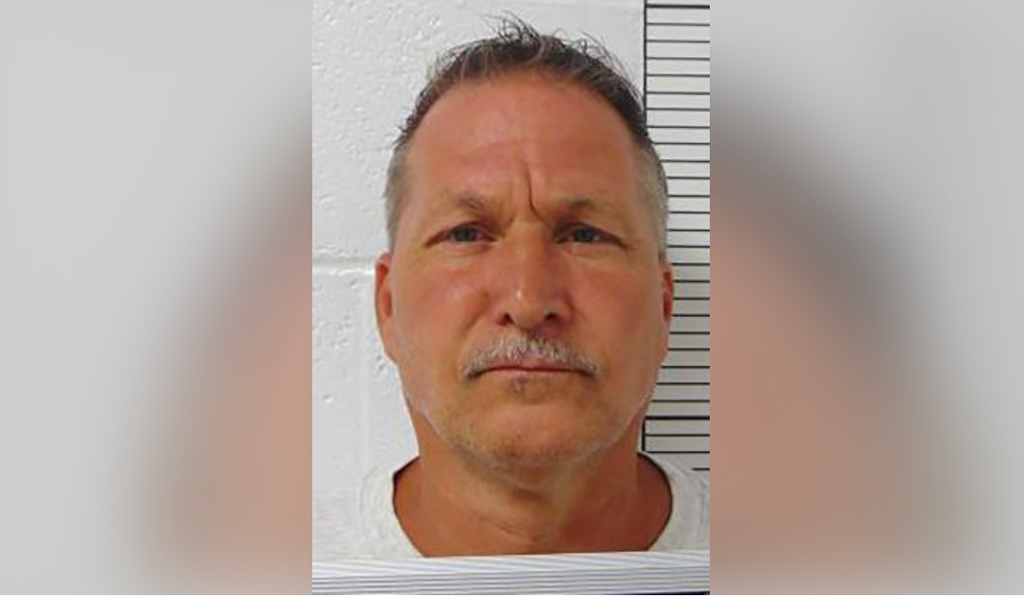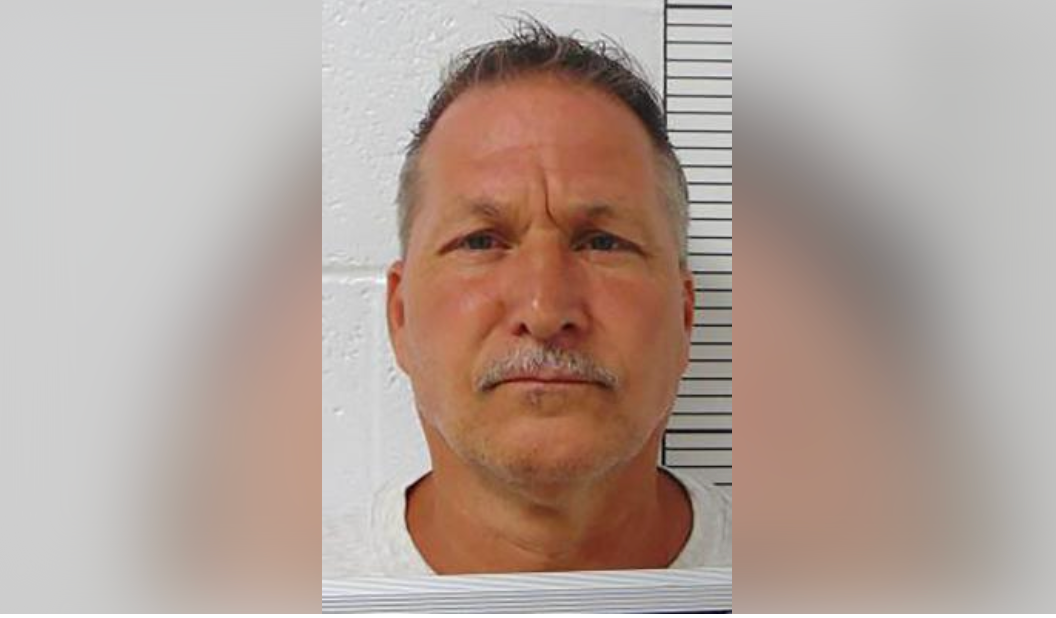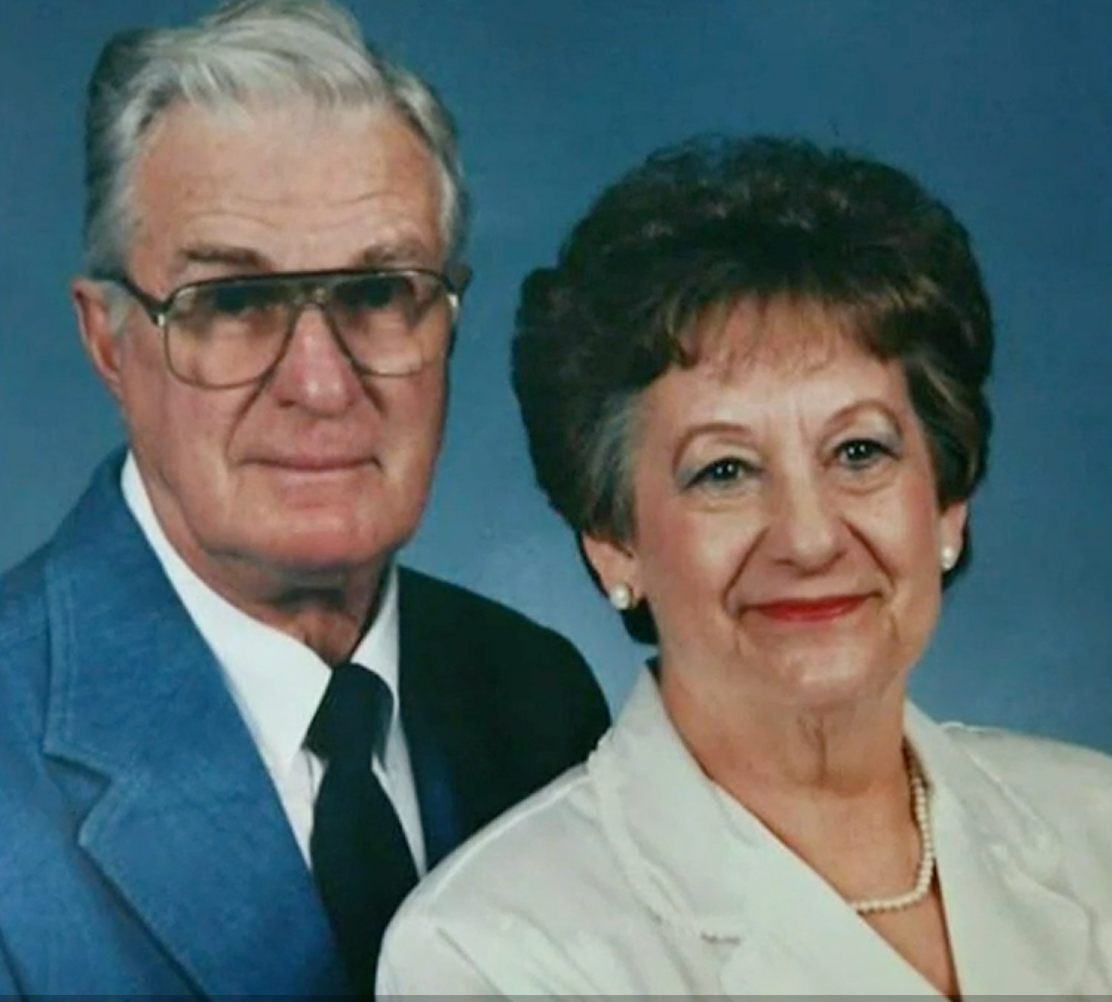
Missouri death row inmate Carman Deck asked for people to “give love, show love, be love” in a final written statement before he was executed by lethal injection on Tuesday evening.
Deck, 56, was pronounced dead at the state prison in Bonne Terre at 6.10pm, a day after the US Supreme Court and Republican Governor Mike Parson refused to halt the execution.
Deck’s death sentence for murdering an elderly couple during a home robbery in 1996 had been overturned three times for procedural issues.
In a written final statement, he wrote: “My hope is that one day the world will find peace and that we all will learn to be kind and loving to one another.
“We all are a part of this journey through life, connected in every way. Please give love, show love, be love!”
Deck mouthed a few inaudible words as the five grams of pentobarbital were administered, then puffed out a couple of breaths before all movement stopped, the process lasting just a few seconds.

Afterwards, Gov. Parson said the couple who were murdered, James and Zelma Long, “were innocent victims of Carman Deck’s heinous violence. Tonight, justice was served.”
The children and grandchildren of his victims were present at the execution.
Deck’s attorney Elizabeth Unger Carlyle called his execution “unjust and immoral” in a statement.
“Carman’s early life was tragic. As a psychologist put it, ‘He had no childhood’. He endured a pattern of abuse, neglect and abandonment, which was mitigating evidence the Missouri Supreme Court called ‘substantial’.”
Deck was first sentenced to death in 1998, before it was overturned by the Missouri Supreme Court after his first attorney had committed serious errors at trial.
The US Supreme Court threw out a second death sentence in 2005, saying that Deck had been unfairly prejudiced after he was shackled in front of the sentencing jury.
After Deck was sentenced to death for a third time in 2008, a judge overturned the sentence because trial witnesses had not appeared or could not be found during the sentencing phase.

Then in October 2020, a three-judge panel of the 8th US Circuit Court of Appeals restored the death penalty, ruling that Deck should have raised his concern first in state court, not federal court.
A clemency petition on behalf of Deck cited abuse he suffered as a child, including sexual abuse and beatings. It also said he and his siblings often were left alone without food.
Deck’s only remaining hope of avoiding the injection is a last minute stay of execution.
Deck, who was from the St Louis area, was a friend of the grandson of James and Zelma Long and knew they kept a safe in their home De Soto, about 45 miles southwest of St. Louis, according to court records.
In July 1996, Deck and his sister stopped at the home under the guise of asking for directions. Deck told a detective that he wasn’t surprised to be invited inside by the couple, who were in their late 60s.
“They’re country folks,” Deck said, according to court records. “They always do.”
Once inside, Deck pulled a gun from his waistband. At Deck’s command, Zelma Long opened the safe and removed jewelry, then got $200 from her purse and more money hidden in a canister.
Deck ordered the couple to lie on their stomachs on their bed. Court records said Deck stood there for 10 minutes deciding what to do, then shot James Long twice in the head before doing the same thing to Zelma Long.
He later made a full confession to law enforcement.
Capital punishment opponents Missourians for Alternatives to the Death Penalty had staged a series of “Vigils for Life” on Tuesday calling for a last-minute reprieve.
The Independent and the nonprofit Responsible Business Initiative for Justice (RBIJ) have launched a joint campaign calling for an end to the death penalty in the US. The RBIJ has attracted more than 150 well-known signatories to their Business Leaders Declaration Against the Death Penalty - with The Independent as the latest on the list. We join high-profile executives like Ariana Huffington, Facebook’s Sheryl Sandberg, and Virgin Group founder Sir Richard Branson as part of this initiative and are making a pledge to highlight the injustices of the death penalty in our coverage.
Associated Press contributed to this report







